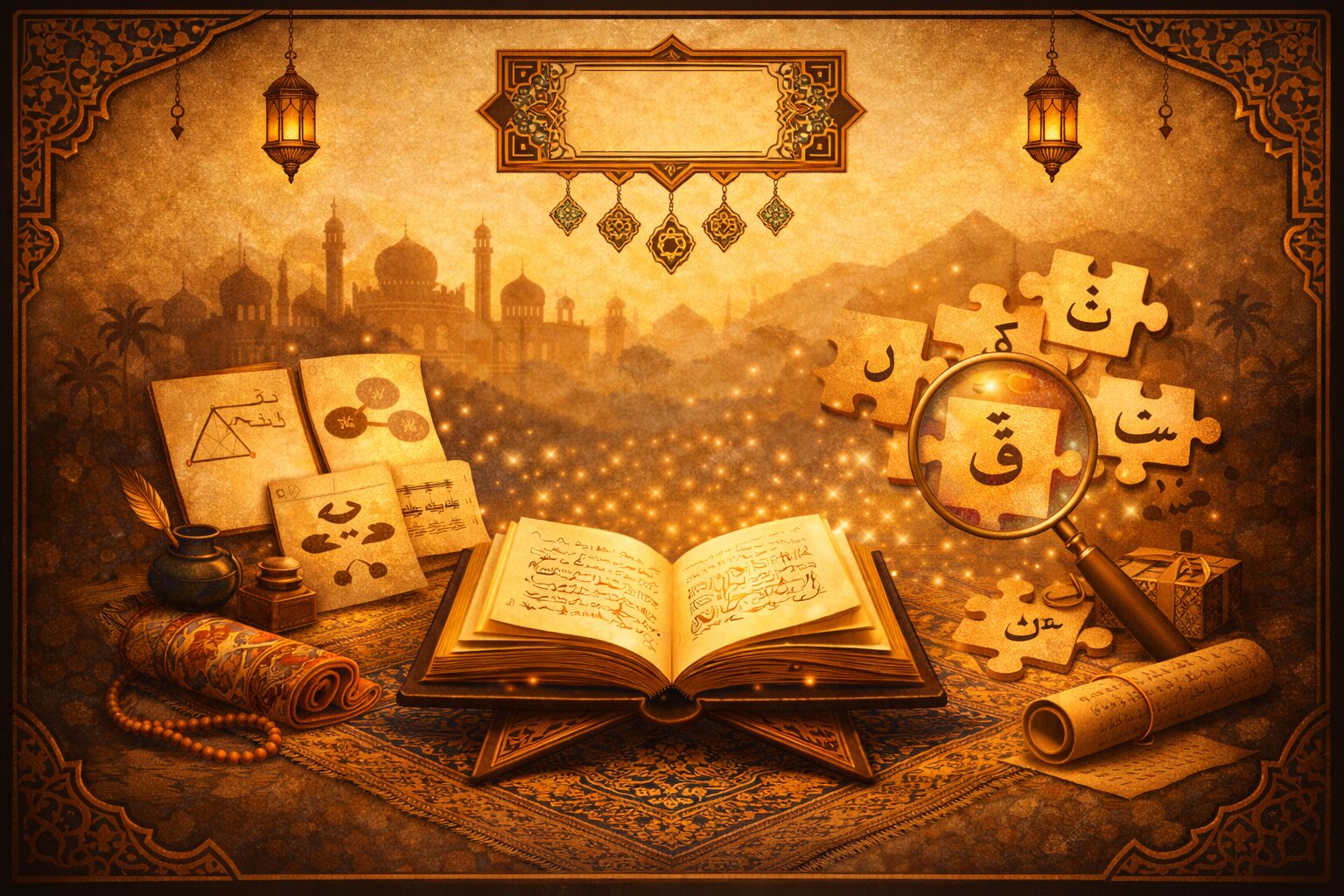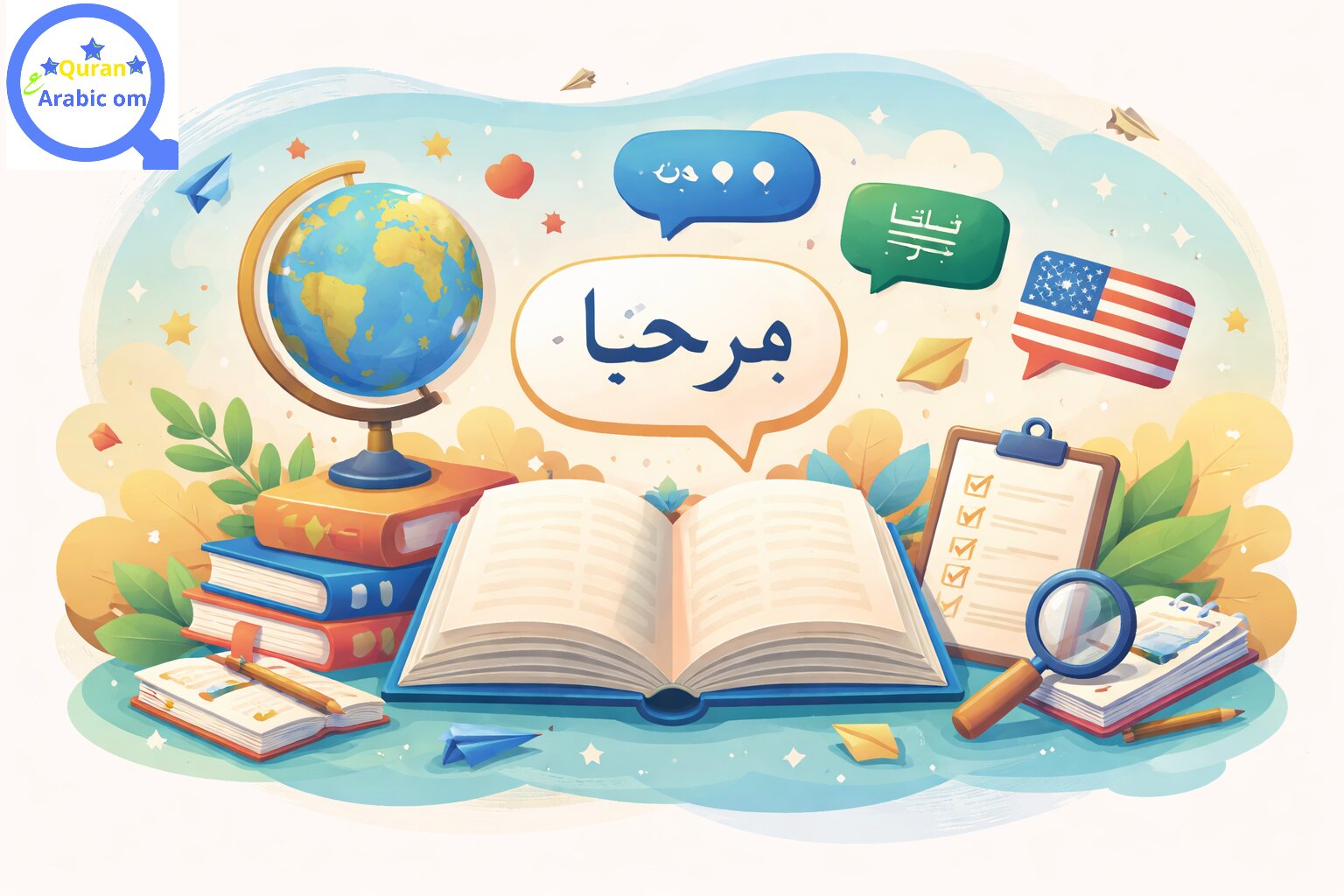Have you ever thought about learning Arabic? It might seem complex or challenging at first, how hard is it to learn arabic, you’ll discover that the journey to mastering the language can be both enjoyable and inspiring. Imagine speaking fluently with native Arabic speakers, feeling a sense of happiness and belonging as you connect with people in their own language. We’ll be with you every step of the way, helping you achieve your goal of learning Arabic with ease and confidence. Whether you’re learning to communicate with friends or to enhance your personal and professional relationships, we provide the best tools and methods to help you succeed
Why Is Arabic Considered Hard to Learn?
1. The Alphabet and Writing System
Arabic has its own script, and one of the first challenges for new learners is mastering the alphabet. Unlike many Western languages that use the Latin alphabet, Arabic has 28 letters and is written from right to left. For learners accustomed to reading and writing from left to right, this can be a significant shift.
However, once you become familiar with the script and practice it regularly, it becomes more natural. At our academy, we offer beginner-friendly courses that focus on breaking down the Arabic script into manageable lessons, helping learners quickly become comfortable with the alphabet.
2. Arabic Grammar
Arabic grammar is another reason why the language is perceived as difficult. It’s highly structured, with unique rules for verbs, nouns, and sentence structure. For example, verbs often come before the subject in Arabic sentences, which differs from the structure in English.
Though grammar may seem overwhelming, our online courses simplify complex grammatical rules through interactive lessons. We focus on providing clear explanations and practical examples, making it easier for learners to grasp.
3. Multiple Dialects
Another aspect of Arabic that may seem intimidating is its variety of dialects. Spoken Arabic varies significantly across different regions, with dialects such as Egyptian, Levantine, and Gulf Arabic. The good news is that Modern Standard Arabic (MSA) is widely understood across the Arab world and is the form most commonly taught in educational settings.
Our academy teaches both Modern Standard Arabic and helps learners understand key regional dialects, ensuring that you’re prepared to engage with Arabic speakers from different backgrounds.
Why Learning Arabic Is Worth the Effort
While Arabic presents its challenges, the rewards of learning it are substantial. Here’s why the effort is worth it:
1. Cultural Connection
Learning Arabic allows you to connect with the rich cultural heritage of the Arab world. You’ll gain access to literature, films, music, and art that would otherwise remain inaccessible. This deep cultural understanding helps you feel a sense of belonging, knowing that you’re speaking the language of millions of people around the globe.
2. Personal Satisfaction
The process of learning a challenging language like Arabic can be incredibly satisfying. As you progress through different levels and master new skills, you’ll feel a great sense of accomplishment. At our academy, we celebrate each learner’s milestones, helping you feel proud of the progress you’re making. how hard is it to learn arabic
3. Improved Communication and Confidence
Learning Arabic will boost your confidence when communicating with native speakers. As you become fluent, you’ll feel empowered in both personal and professional interactions with Arabs. Whether you’re traveling, conducting business, or building relationships, speaking Arabic opens up new opportunities for meaningful connections.
How Our Academy Makes Learning Arabic Easier
At our academy, we recognize the challenges learners face when tackling a new language like Arabic. That’s why we’ve designed our courses to be as engaging and interactive as possible, helping you overcome obstacles and achieve fluency. Here are some key features of our approach:
1. Interactive Lessons
Our lessons aren’t just about memorizing vocabulary or grammar rules they’re about practical application. From day one, you’ll engage in conversations, role-playing, and other activities that build your speaking confidence. This hands-on approach ensures that you’re not just learning the language but using it in real world scenarios.
2. Personalized Learning Plans
We understand that every learner is different. That’s why we offer personalized learning plans tailored to your pace and preferences. Whether you’re a complete beginner or have some prior knowledge, our courses are designed to meet your unique needs and help you progress smoothly.
3. Cultural Immersion
Language learning isn’t just about words and grammar it’s about understanding the culture behind the language. Our courses incorporate cultural elements, helping you not only speak Arabic but also understand the customs, traditions, and values of the Arab world. This cultural insight enhances your ability to communicate effectively and build relationships with native speakers.
FAQs
1. How long does it take to learn Arabic?
It typically takes between 6 months to 2 years to become conversationally fluent in Arabic, depending on the amount of time you dedicate to practice and study. With our academy’s comprehensive lessons, you’ll achieve your goals faster and more efficiently.
2. What’s the hardest part of learning Arabic?
Many learners find grammar and the script to be the most challenging aspects of learning Arabic. However, with the right guidance and consistent practice, both become easier over time. Our academy simplifies these areas, making them more approachable for learners.
3. Can I learn Arabic without prior language experience?
Absolutely! Our courses are designed for learners of all levels, including those with no prior language experience. We’ll guide you step-by-step, from mastering the alphabet to holding fluent conversations.
4. Is Modern Standard Arabic enough, or should I learn a dialect?
Learning Modern Standard Arabic is an excellent starting point, as it’s understood across the Arab world. Once you have a solid foundation in MSA, you can choose to learn a regional dialect based on your specific needs or interests.
how hard is it to learn arabic

Conclusion
While learning Arabic may seem daunting at first, the rewards far outweigh the challenges. At our academy, we strive to make the process as enjoyable and effective as possible. Our interactive lessons, personalized plans, and focus on cultural immersion ensure that you’re not just learning a language, but also building confidence and forming lasting connections.
So, how hard is it to learn Arabic? It’s as hard as any new language but with the right approach and mindset, you’ll soon find yourself speaking fluently and confidently. If you’re ready to begin your Arabic learning journey, join our academy today and discover the joy of mastering this beautiful language



Pingback: Reading Arabic Practice:1 A Path to Confidence and Success -
It’s actually a great and helpful piece of information. I’m satisfied
that you shared this helpful info with us. Please stay us up to date
like this. Thanks for sharing.